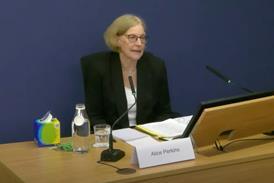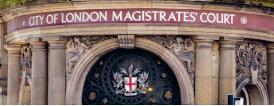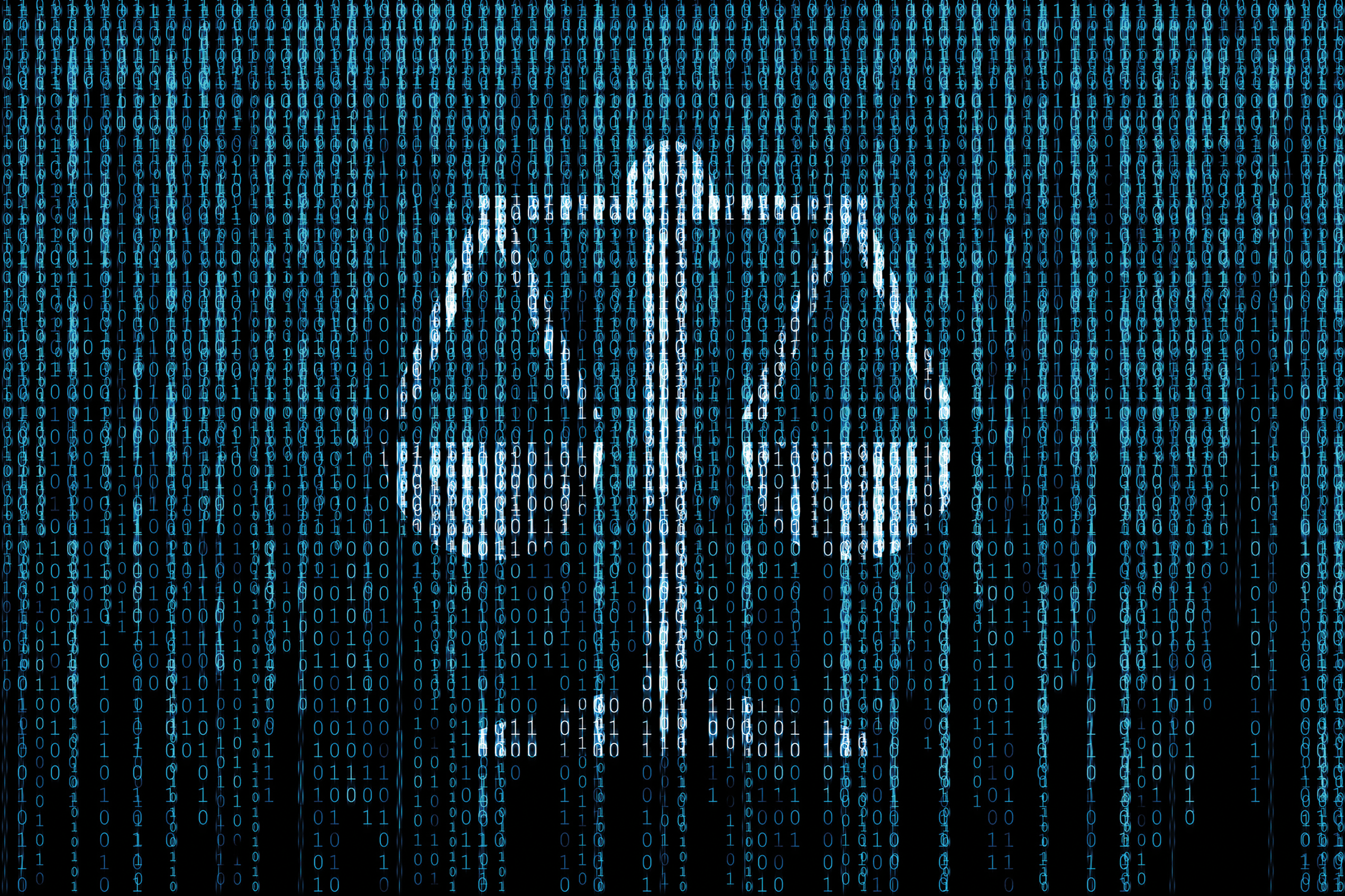Lawyer ‘banter’ and archaic language such as ‘learned friend’ should be avoided in court proceedings to help laypeople struggling to cope with the experience. These are among 41 recommendations in a report from law reform organisation Justice which seeks to address a ‘disconnect’ between lawyers and laypeople.
Despite many attempts at simplification the growth in litigants in person caused by legal aid cuts continues to cast doubt on how the system operates, the report says. The ‘at-times chaotic nature of proceedings’ creates a culture that ‘marginalises the public’ – especially when LiPs find their opponent is a lawyer.
Understanding Courts, produced by a committee chaired by retired High Court judge Sir Nicholas Blake, recommends changes that will place the lay user ‘at the heart of the justice system’. HM Courts & Tribunals Service should publish practical information on what to expect at a hearing or trial that is clear and accessible. This should include explanations of the roles of lawyers and the hearing room layout, as well as guidance on navigating the court building, the order of proceedings and the process of giving evidence.
The report also puts an onus on judges and legal practitioners to change courtroom culture. A judiciary-led consultation is proposed to evaluate modes of address and commonly misunderstood terminology. Its findings would inform practitioner training ‘by putting lawyers and judges in the lay user’s shoes’.
Other recommendations include reviewing procedure rules to make them more accessible to non-lawyers. Court familiarisation visits are recommended pre-trial for vulnerable witnesses and parties (including defendants).
At the same stage, judges could help LiPs by pointing them to relevant cases or ‘other sources of substantive law online’ that could help them decide if they have an arguable case.

























25 Readers' comments